Credit Card Fraud: 6 Tips to Safeguard Your Finances
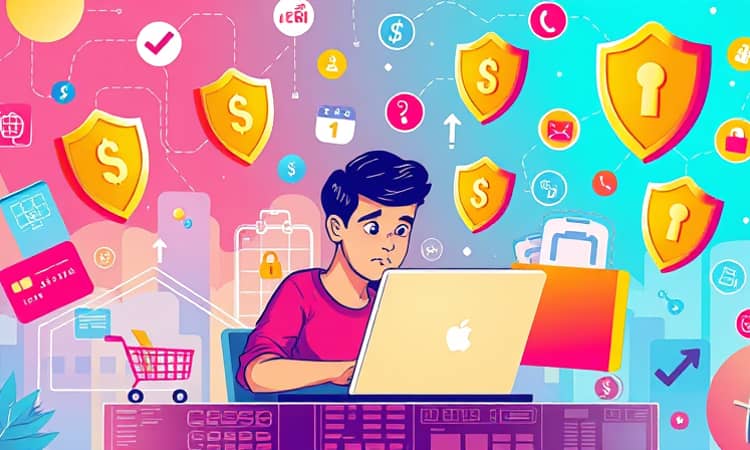
Credit card fraud has become an alarming issue in our increasingly digital world. With the rise of online shopping and digital payments, consumers face a higher risk of their financial information being compromised.
However, by taking proactive measures, individuals can significantly reduce the likelihood of falling victim to credit card fraud. This article outlines six practical tips to safeguard your finances and protect your personal information.
1. Monitor Your Accounts Regularly

Keeping a vigilant eye on your financial accounts is crucial in detecting any unauthorized transactions early. Many people overlook this essential step, assuming their bank will notify them of any suspicious activities.
By regularly reviewing your bank and credit card statements, you can quickly spot any discrepancies that could indicate fraud. The earlier you identify these issues, the more likely you are to prevent further unauthorized transactions.
- Check your account statements weekly or monthly.
- Set up account alerts for transactions over a specific amount.
- Regularly review your bank statements for errors or unauthorized transactions.
By incorporating regular account monitoring into your routine, you can catch fraudulent charges before they escalate and take appropriate action to resolve them quickly.
2. Use Secure Payment Methods
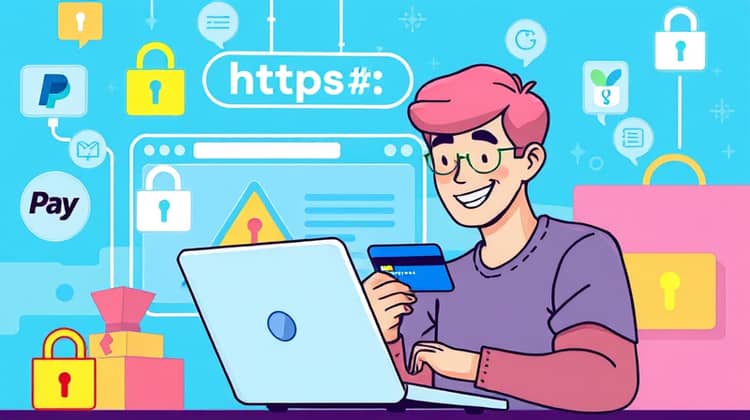
Choosing secure payment methods is essential for protecting your financial information. When shopping online, always opt for platforms that offer secure transactions, such as encrypted payment gateways.
Using credit cards is often safer than debit cards when shopping online, as they typically offer better fraud protection and dispute resolution processes.
- Use payment services like PayPal, Apple Pay, or Google Pay that provide an extra layer of security.
- Always look for 'https://' in the website URL, as this indicates a secure connection.
- Avoid entering credit card information on public Wi-Fi networks.
By being selective about your payment methods, you can minimize your exposure to fraud and make it more difficult for hackers to access your information.
3. Be Cautious with Personal Information
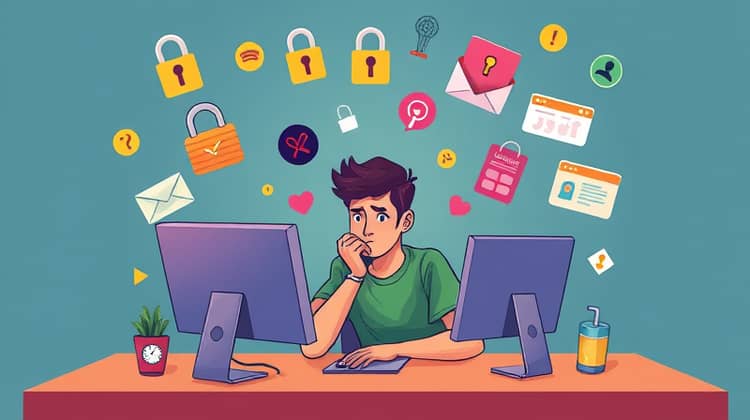
Being careful about the personal information you share is critical in today’s digital landscape. Many fraudsters gather personal data through social engineering tactics, including phishing emails and deceptive websites.
Never disclose sensitive information, such as your Social Security number or credit card details, unless you are sure of the recipient's legitimacy and necessity.
- Limit the amount of personal information you share online.
- Verify the identity of anyone requesting sensitive information.
- Be wary of unsolicited communications asking for personal data.
4. Implement Card Security Features
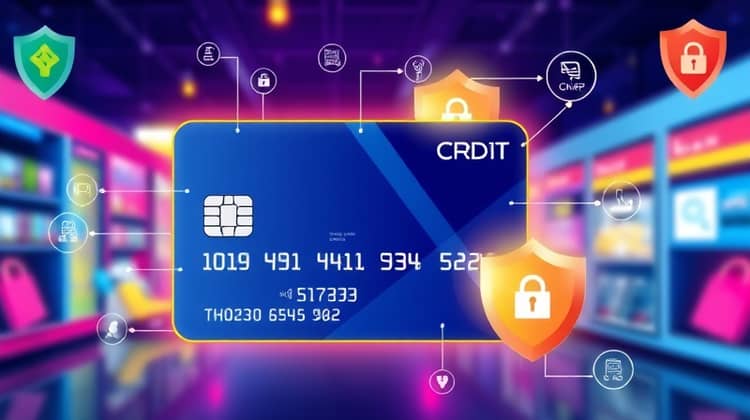
Many credit cards come with built-in security features designed to protect you from fraud. Ensure you are taking advantage of these features to bolster your financial security.
For example, you can set up two-factor authentication for online purchases and receive alerts for transactions on your credit card.
- Enable transaction alerts for every purchase.
- Use virtual card numbers for online shopping.
- Consider using a card with chip technology for in-store purchases.
5. Stay Informed About New Scams

Staying informed about the latest scams is an effective strategy to protect yourself against fraud. Scammers are continuously evolving their tactics, so being aware of their methods can help you remain vigilant.
Follow reputable news sources or organizations that monitor fraud trends to keep up-to-date.
- Subscribe to consumer protection newsletters.
- Join online forums discussing credit card security.
- Follow financial news sources for alerts on scams and fraudulent schemes.
By remaining informed, you can recognize fraudulent attempts quickly and take necessary precautions to protect yourself.
6. Report Suspicious Activity Immediately
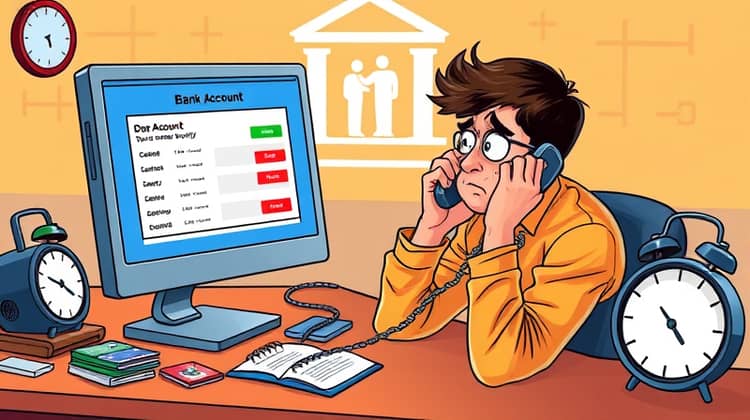
If you notice any unauthorized transactions on your credit card, it is vital to report them immediately to your financial institution. Quick action can minimize your losses and help close off access to your account.
Most banks have dedicated fraud departments ready to assist customers, and they can freeze your account or issue new cards to prevent further damage.
- Contact your bank or credit card provider as soon as you notice suspicious activity.
- Follow up to ensure that the issue is resolved and your account is secure.
- Keep a record of communications and actions taken during the reporting process.
Acting swiftly can be the difference between recovering lost funds and suffering a significant financial setback.






